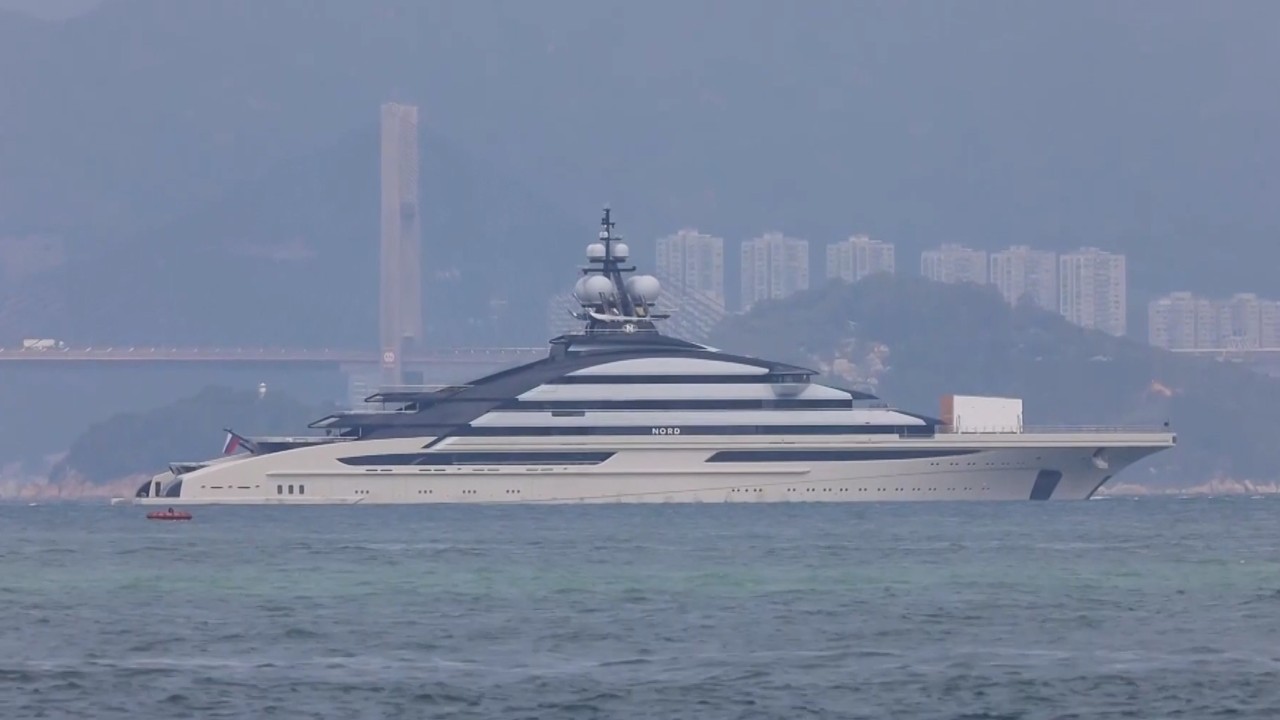
Corruption Perceptions Index: Don’t read too much into the scores for mainland China, Hong Kong and Taiwan
- Despite Covid-19 upheavals, their performances appear to have held up. But the index is only useful in picking out broader trends, and more can be done to fight corruption
In the latest Corruption Perceptions Index, the annual league table outlining the best and worst performers in tackling public-sector corruption, mainland China, Hong Kong and Taiwan all fared reasonably well. But big gaps in performances remain.
The index, published by Transparency International, the world’s leading anti-corruption NGO, pools together data from 180 countries and territories to offer a snapshot of the battle against corruption. The data comes from a wide array of organisations: the Economist Intelligence Unit, World Economic Forum and various country risk indicators all contribute to this year’s offering.
The story in and around mainland China is an interesting one. Yet on the face of it, very little seems to have changed. Every country or territory in the index is awarded a score of between 1 and 100, and neither mainland China, Hong Kong nor Taiwan has moved at all since the index was last published in January 2022.
China again scored 45 points, Hong Kong 76 and Taiwan 68. That translates to China coming in at 65th place (alongside the likes of Cuba and Montenegro), Hong Kong at 12th and Taiwan at 25th (alongside Bhutan).
Other places were not quite so consistent. Some countries that traditionally did well saw perceptions of public-sector corruption get worse. Switzerland (82) and Austria (71) saw their scores noticeably drop, whilst the United Kingdom (73) is now at its lowest point since comparable data started to be produced in 2012.
The stability of mainland China, Hong Kong and Taiwan’s recent scores should not deflect from the fact that all three places have been on quite distinct tracks. Hong Kong has traditionally been one of the leading performers on the index.
Until recently the strong rule of law, free press, lively civil society and, not least, the existence of an anti-corruption agency with real teeth has helped Hong Kong score well. That reached its high point in the 2000s, with Hong Kong scoring in the mid-80s.
That has changed noticeably. By 2014, Hong Kong’s score had slipped to 74 and since then it has hovered just a little above that. Indeed, since 2016, Hong Kong has settled into a pattern of scoring either 76 or 77. That is not disastrous – there are plenty of places around the world that would gladly swap scores – but it is also a significant drop in performance on what Hong Kong has traditionally recorded.
Mainland China, however, has a trajectory in the other direction. It started from a much lower base but has seen a slow but steady improvement in performance over the last decade. From scoring below 40 a decade ago, China is now regularly achieving scores in the mid-40s.
Taiwan, too, appears to be improving. At the start of the 2010s, it was coming in with a score of around 61. It had a couple of years (2019 and 2020) where it was scoring in the mid-60s and is now up at the 68 mark.
What conclusions can be drawn from all of this? On the one hand, one should be just a little careful in reading too much into the data. The Corruption Perceptions Index aims to measure perceptions of public-sector corruption. The focus is on how much corruption people think exists – and not how much there actually exists in practice. Measuring the latter is just too hard.
There is also a danger that too much can be read into small movements in score. What, for example, really is the difference between scoring 49 and 51? The answer to that is not clear. Plus, what should we read into the fact that China came in with exactly the same score as São Tomé and Príncipe, the small African island off the coast of Equatorial Guinea with a population of around 220,000? Next to nothing would be my suggestion.
Where the Corruption Perceptions Index is useful is in helping to pinpoint broader trends. Despite the Covid-19 upheavals that have buffeted mainland China, Hong Kong and Taiwan, their performances appear to have held up. Of course, there is plenty that each could and should do better.
Hong Kong, for example, remains a place where it is far too easy to incorporate anonymous legal entities, and all the evidence says that entities like these facilitate corruption. The case of a Chinese property developer who allegedly funnelled millions of Canadian dollars via shell companies in Hong Kong into Canadian banks is a good case in point.
The conclusion? Territories across the region have done better than might have been expected of late. But there is still more work to do.
Dan Hough is Professor of Politics in the Centre for the Study of Corruption at the University of Sussex, UK



